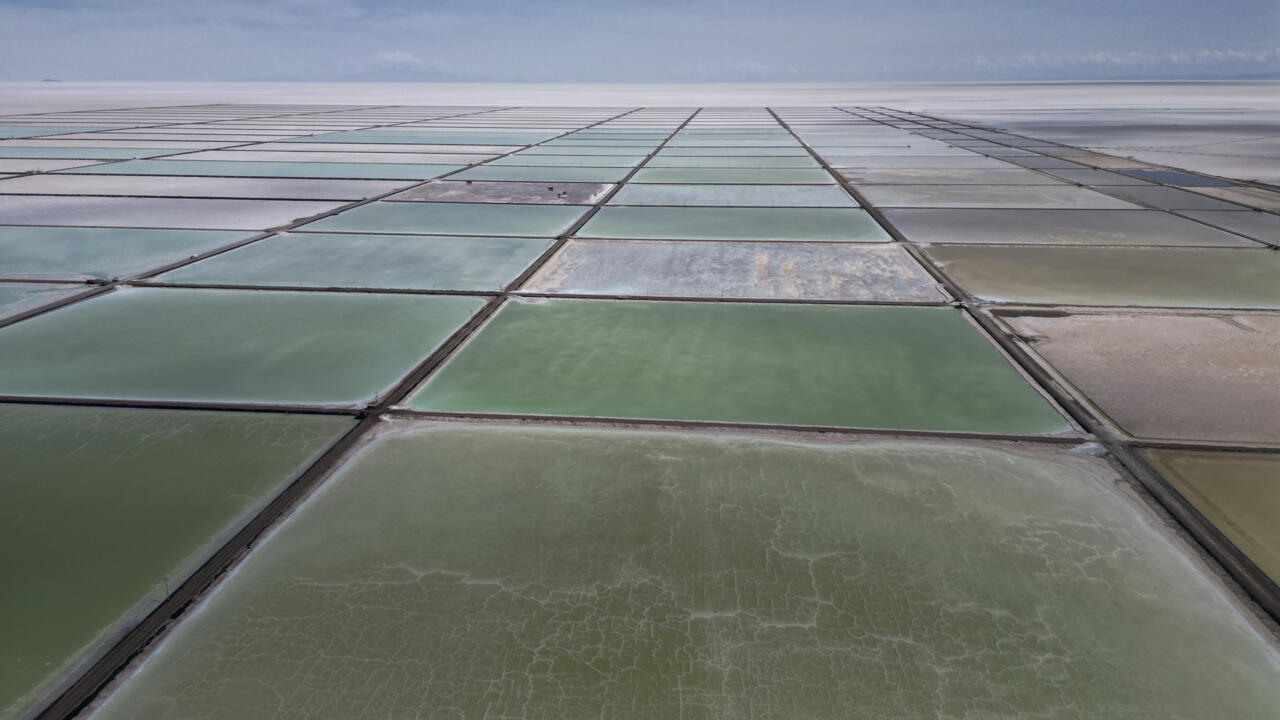US President Donald Trump and Indian Prime Minister Narendra Modi arrive to hold a joint press conference in the East Room of the White House in Washington, DC, on February 13, 2025.
Jim Watson | Afp | Getty Images
The U.S. could substantially slash tariffs on Indian exports as New Delhi and Washington near a trade deal that could see New Delhi cutting oil purchases from Russia, Indian media outlet Mint reported Wednesday.
As part of the trade deal, Washington could cut tariffs on Indian exports to 15%-16% from the current 50%, Mint reported citing three unnamed sources aware of the matter.
India is considering raising its import quota for non-genetically modified corn from the U.S. — currently 0.5 million tonnes annually — even with a import duty of 15%, while pushing for a mechanism under which both sides can revisit tariffs and market access over time, the report said.
On Tuesday, U.S. President Donald Trump said he had received assurance from Indian Prime Minister Narendra Modi in a phone call that New Delhi would scale back purchases of Russian oil.
"He's not going to buy much oil from Russia. He wants to see that war end as much as I do. He wants to see the war end with Russia, Ukraine, and as you know, they're not going to be buying too much oil," Trump told reporters abroad Air Force One, while threatening that New Delhi would keep paying "massive" tariffs if it did not do so.
In a post on X on Wednesday morning local time, Modi confirmed the phone call with Trump, adding that he hoped the two countries continue to "stand united against terrorism in all its forms," without mentioning India's stance on Russian oil.
Trump last week also said that Modi in a call had agreed to cut Russian oil purchases. India's foreign ministry spokesperson said the following day that he was not aware of any call between Trump and Modi.
On the question of cutting oil imports from Russia, the spokesperson said Thursday, "India is a significant importer of oil and gas. It has been our consistent priority to safeguard the interests of the Indian consumer in a volatile energy scenario. Our import policies are guided entirely by this objective."
Russian oil has been one of the contentious issues in the prolonged bilateral trade talks between the U.S. and India. Trump in August levied an additional 25% tariff on exports from India as a "penalty" for its Russian oil purchases, taking overall duties to 50% and upending relations between the two countries.
Indian officials have argued that it if the country were to stop buying Russian oil, a plan must be put in place to stabilize energy markets, along with a contingency to fill the shortfall in supply if Russian barrels are taken off the market.
Both sides had agreed to boost bilateral trade to $500 billion by 2030 in a meeting in February before talks collapsed with India reportedly not agreeing to widen access to its vast agricultural and dairy sectors.
The U.S.-India relations further soured when Modi met with Russian President Vladimir Putin and Chinese President Xi Jinping in Beijing last month, in a move seen as a signal to Trump of India's willingness to boost rather than cut ties with Moscow.
India has become the world's second largest buyer of Russian crude, trailing China, since the start of the war in Ukraine in 2022, importing 1.6 million barrels per day in the first half of this year, up from 50,000 bpd in 2020, according to the U.S. Energy Information Administration.
In recent weeks, Trump has softened his rhetoric, expressing optimism about the ongoing negotiations and reiterating on Tuesday that Modi was a "great friend."
The finalization of the trade agreement will likely be communicated to Trump and Modi at the ASEAN summit later this month, though neither Trump nor Modi has officially confirmed their attendance for the event, Mint reported.
"The broad contours of the agreement are in place, but sensitive areas such as agriculture and energy need political clearance before the deal can be announced," the report said.
India's Ministry of Commerce and Industry, the U.S. Department of Commerce and the U.S. Trade Representative did not immediately respond to CNBC's requests for comments.
Data from government-backed India Brand Equity Foundation shows, bilateral trade between New Delhi and Washington reached a record $132.2 billion in fiscal year ending March 2025, up by more than 10% from the previous year.
India's exports to the U.S. jumped 11.6% to $86.51 billion, while imports from the country rose 8% to $45.69 billion.











 English (US) ·
English (US) ·